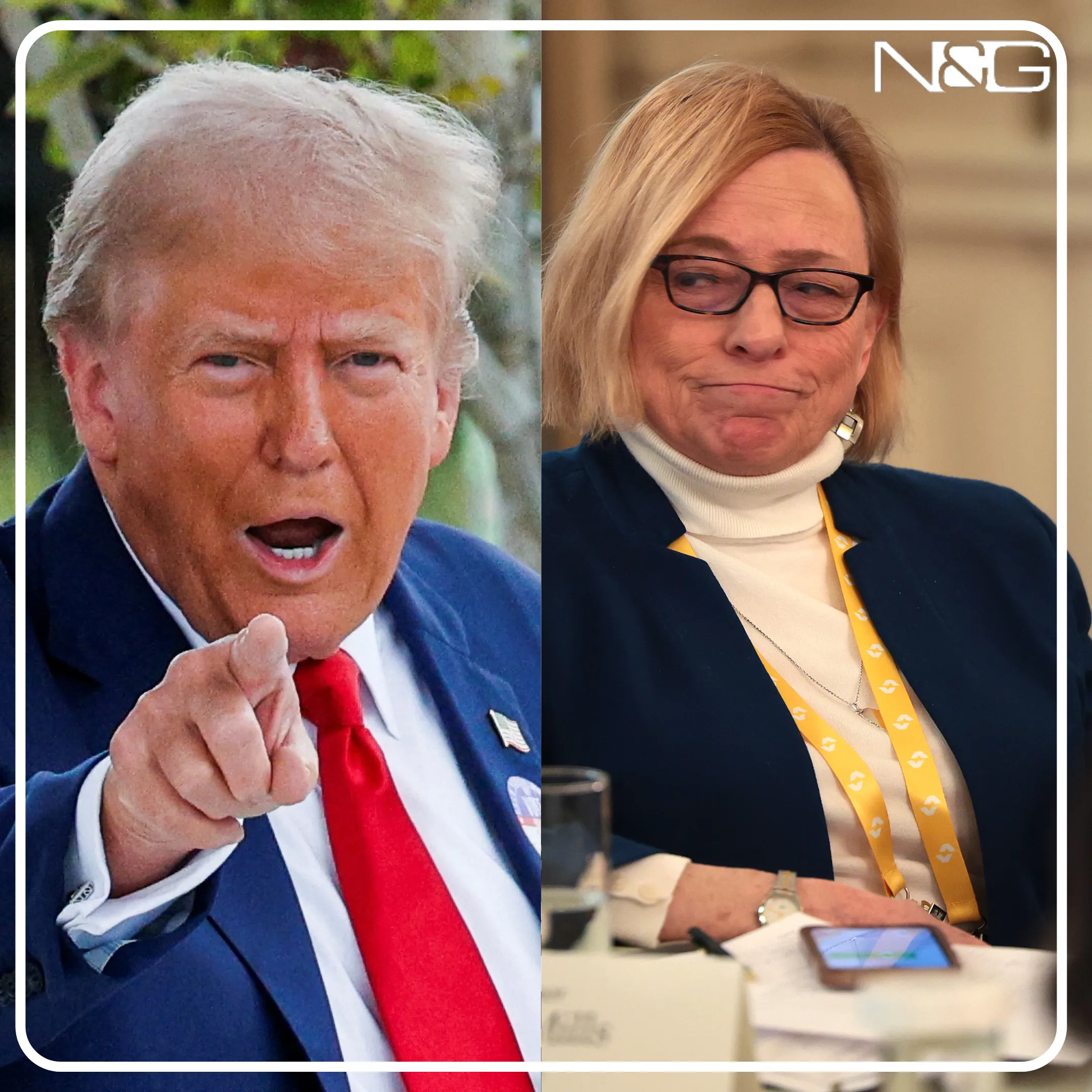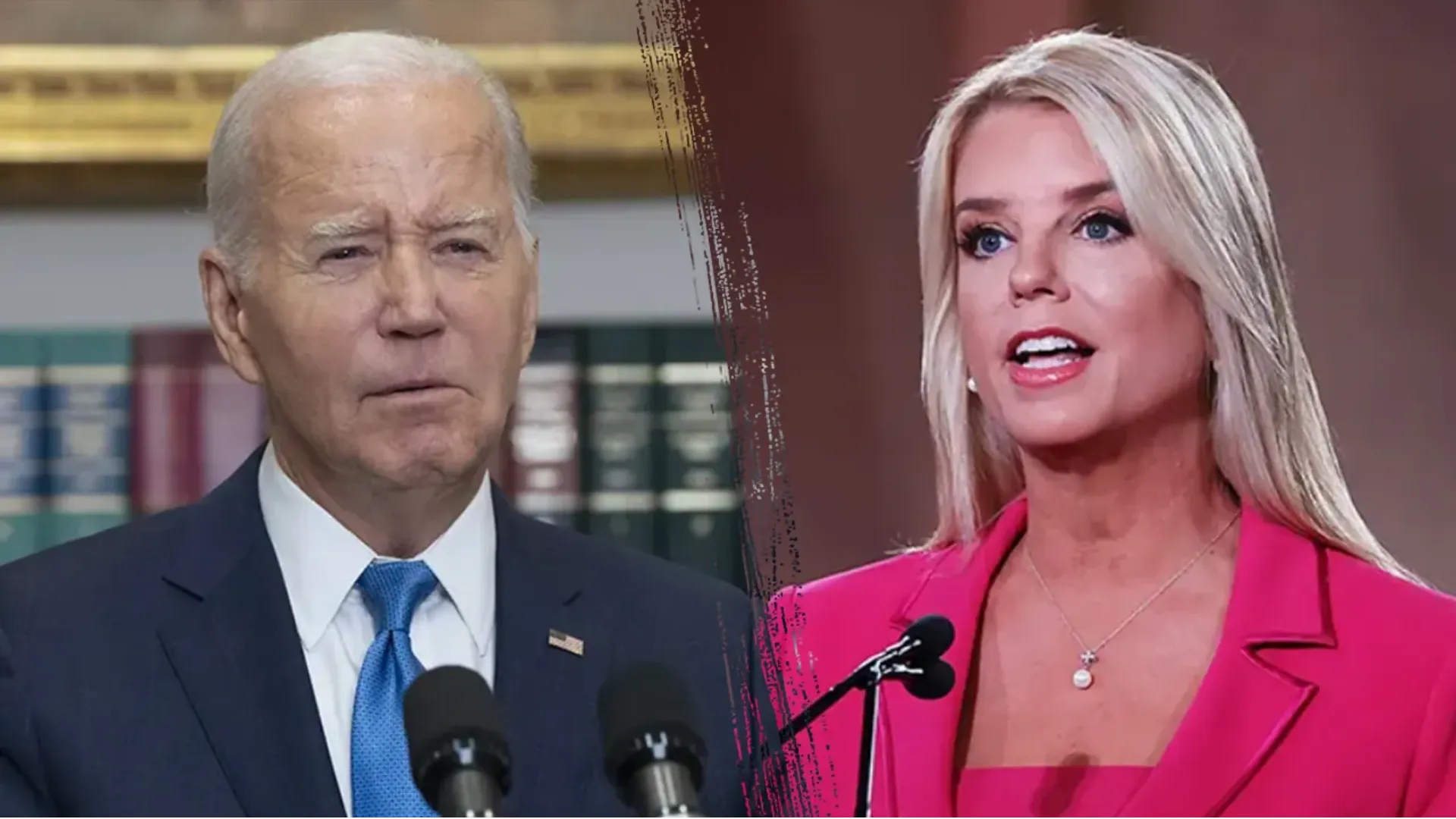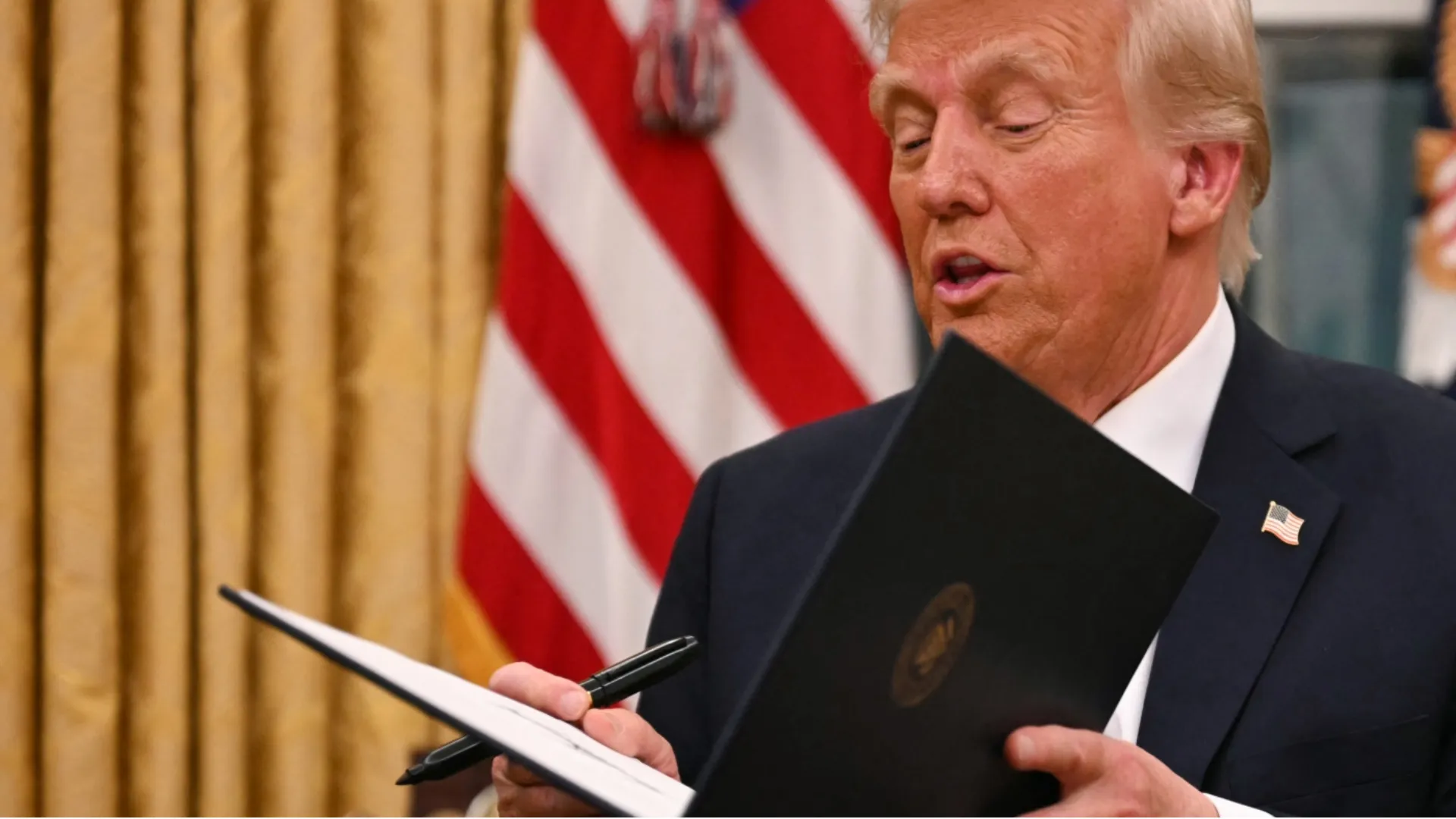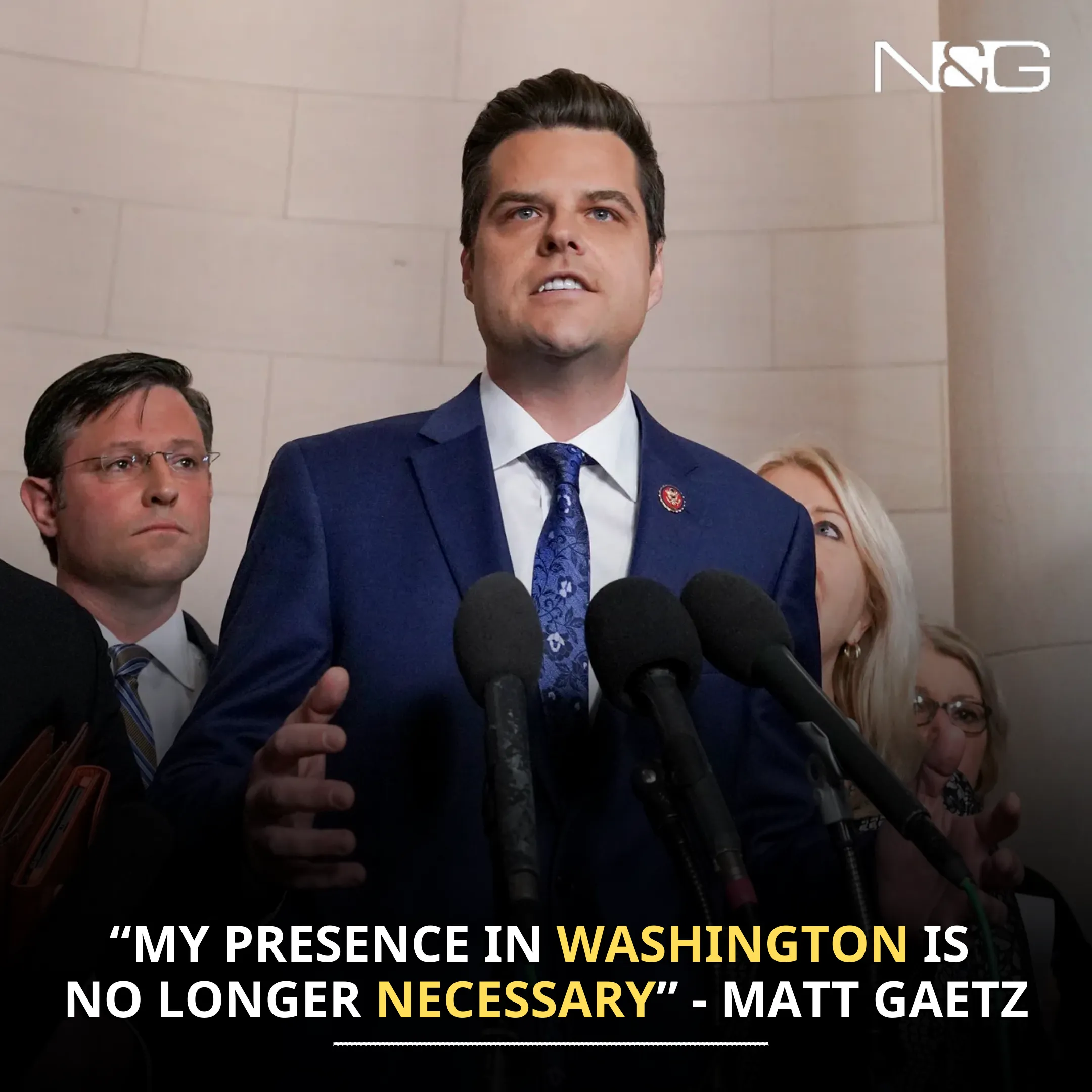
Mexican President Claudia Sheinbaum waded into President-elect Donald Trump’s recent comments on geopolitical changes, suggesting a symbolic renaming of North America in response to Trump’s proposal to rename the Gulf of Mexico as the “Gulf of America.”
During her daily morning press conference on Wednesday, Sheinbaum reflected on historical maps and the region's identity, framing her remarks as both a nod to history and a retort to Trump’s aspirations of territorial expansion.
In a press conference on Tuesday, Trump outlined his vision of U.S. territorial expansion, including the incorporation of Canada, Greenland, and the Panama Canal, alongside his proposal to rename the Gulf of Mexico.
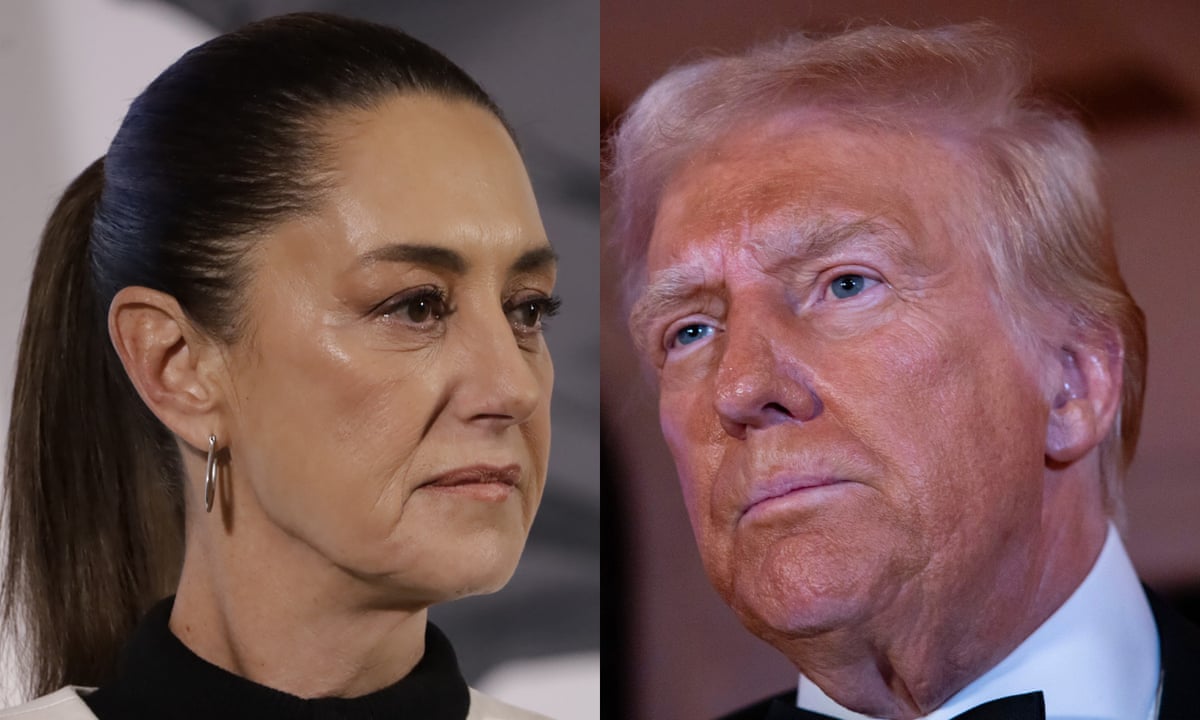
Sheinbaum responded by referencing the international recognition of the Gulf of Mexico’s name, as established by organizations like the United Nations.
“The name ‘Gulf of Mexico’ is recognized by the United Nations, an international body,” Sheinbaum stated. “But why not call it ‘Mexican America’? It has a nice ring to it, doesn’t it?”
Sheinbaum displayed a historical map during her remarks, pointing out that North America was once commonly referred to as “Mexican America” or similar variations on colonial-era maps.

Highlighting the 1814 Constitution of Apatzingán, she noted the document’s reference to the budding country as “América mexicana,” underscoring Mexico’s historical ties to the region. While the Apatzingán Constitution was never implemented, it remains a symbol of Mexico’s struggle for independence from Spain.
Sheinbaum’s remarks continued in a playful tone as she pointed to the historical significance of the Gulf of Mexico’s name and its longstanding recognition in international agreements.
“The Gulf of Mexico, well, it’s been called that since 1607, and it’s also internationally recognized. But ‘Mexican America’—it just sounds wonderful, doesn’t it?” she added.

Sheinbaum’s response also touched on Trump’s broader comments about borders. On Tuesday, Trump described the U.S.-Canada border as an “artificially drawn line” and suggested that merging the two countries would benefit their economies, which traded $700 billion in goods in 2024.
At the same time, Trump reaffirmed his hardline stance on the U.S.-Mexico border, which facilitated $777 billion in trade with Mexico last year. He also alleged that Mexico is “essentially run by the cartels,” a claim Sheinbaum swiftly countered.
Taking aim at former Mexican President Felipe Calderón, a frequent target of criticism by her predecessor Andrés Manuel López Obrador, Sheinbaum quipped, “I think they told President Trump wrong — they told him Felipe Calderón is still president.”
Sheinbaum’s sharp remarks recall López Obrador’s own approach to Trump during his presidency, which balanced cordial diplomacy with occasional domestic saber-rattling.
López Obrador, who served as Sheinbaum’s political mentor, endorsed her as his successor, leading to her landslide victory in the 2024 election.
Trump’s recent comments about borders and territorial expansion have sparked international debate, particularly as they challenge long-established norms regarding the permanence of national boundaries.

His suggestion to rename the Gulf of Mexico and incorporate Canada into the United States highlights his ongoing willingness to push controversial ideas as he approaches his second inauguration.
Sheinbaum’s remarks, steeped in historical references and subtle humor, demonstrate her readiness to spar rhetorically with Trump while also appealing to her domestic audience.
The proposal of “Mexican America” serves as both a symbolic counter to Trump’s ambitions and a reminder of Mexico’s historical influence in the region.

As Trump continues to make bold geopolitical statements, Sheinbaum’s response signals that Mexico will assert its identity and sovereignty in the face of such provocations.

